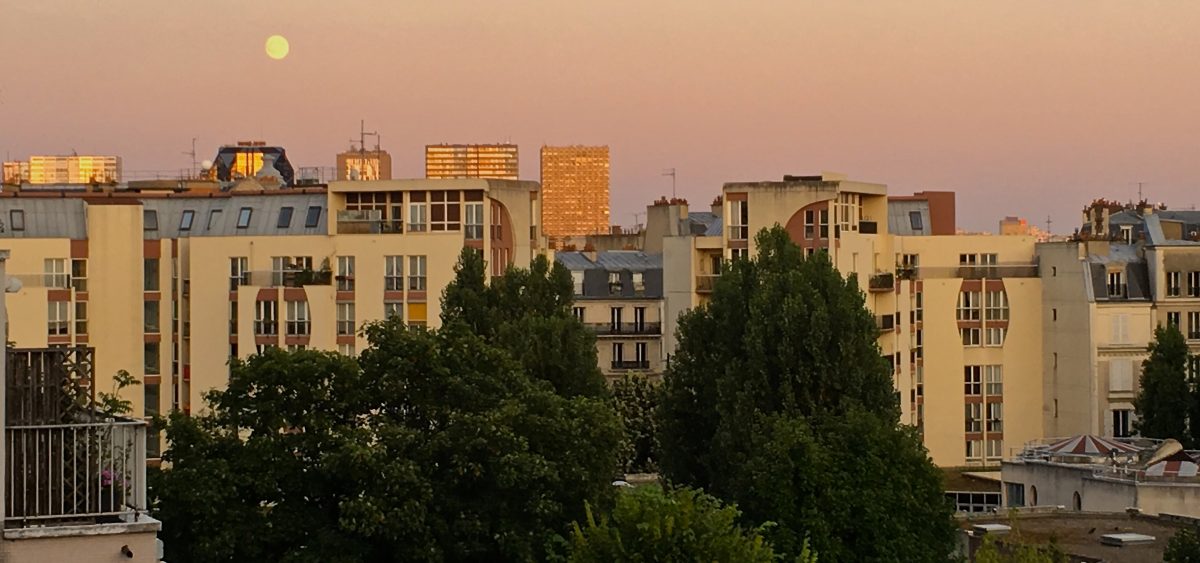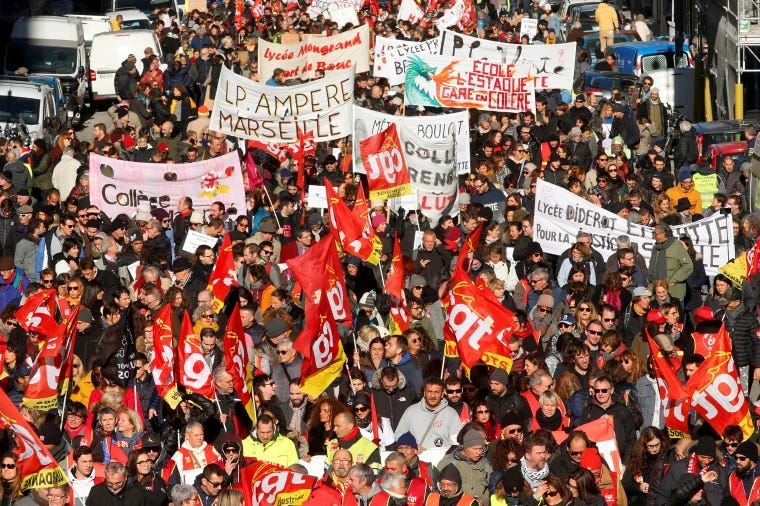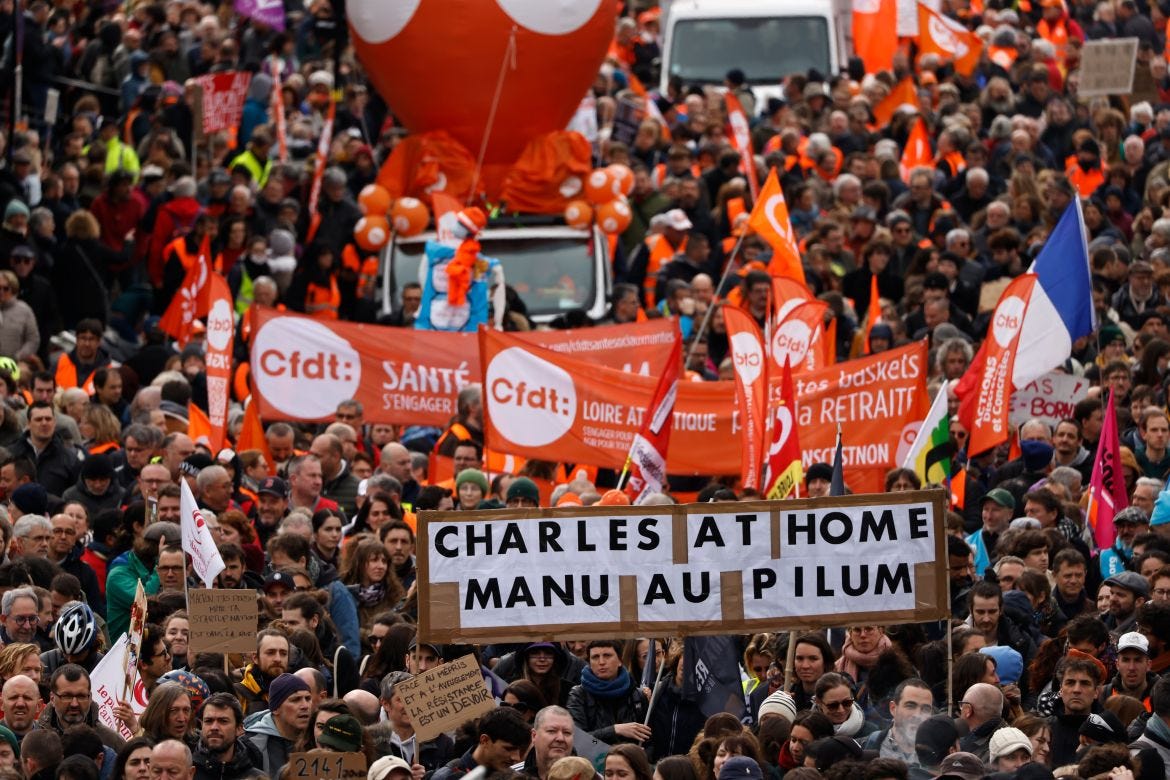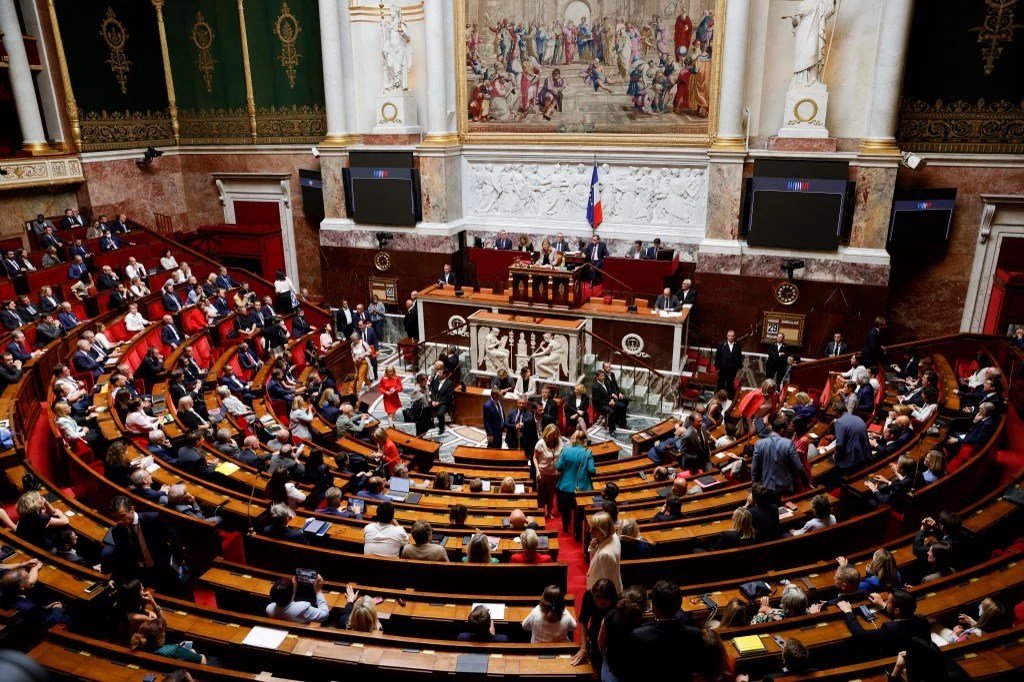There is a series on PBS Television called World On Fire. Now that I am in California, I can watch it. Saturday, I watched Episode 1, Season 1 which begins another WWII story about ordinary people, you and me. The episode opens with a gathering in Warsaw of people being spoken to by a Pro-Nazi someone. The crowd was cheering and Seig Heiling. Those that disagreed with them were singing a plaintiff song. The crowd turned on them and the beatings began. The beaten ones were the offenders, were thrown in jail, bloodied and hurting.
That scene could have been present day USA. A gathering of MAGA fascists spreading love on their anointed leader, the criminal Mr. Trump. Anyone who disagrees is beaten badly or killed as we saw on January 6. Here we are some 80 years since those gatherings in Warsaw, and the scenes are identical. And, as in 1938/39, the majority of people aren’t scared out of their wits. We have daily visuals of two wars and still people aren’t scared enough of Fascism/Autocratism to take a stand. They think journalists are overreaching when they tell us “Be afraid, be very afraid of Trump.” If you are paying attention, 59 journalists, at last count have been killed in the Israel-Gaza war.
Already the war in Gaza, supported by Iran and Russia, is taking away all the focus on Ukraine. The MAGA politicians who love Russia do not want to any more financial support for Ukraine. Russia couldn’t win against the Ukraine. So they did the next best thing, help start a war between Israel and Hamas. The Americans were bound to get involved. When was the last time you heard an in-depth report on Ukraine? Without American support, Russia believes it will win that war.
In so many ways, Ukraine had become the symbol of David beating Goliath, the little country fighting for Democracy for all of us. If they could win against Russia, there is no doubt, that the tide were turn dramatically in favour of democracies everywhere. As we all know, Republicans no longer believe in Democracy. It has taken me a long time to have this truth sink in. Naive people like me have been raised to think good will prevail. When the stakes are so high, even Republicans will get it and not let us be at the mercy of Fascists. Not true. They see the power they can and do wield.
In the past week, there have been two protest marches in Washington, DC. One pro-Israel and one pro-Palestine. To both sides the culprit is now President Biden. When interviewed, participants were saying how they felt so let down by him, that he has no interest in human rights and he will never get their vote again. Wait. What? You’ll vote for Trump in order to get human rights? Or not vote at all which is the same as voting for Trump. In what world does that make any sense?
When a President like Joe Biden, who has done more good for the average person in this county than any President since FDR, has such low ratings what does that say? When I ask people with more knowledge than me (many people) I’m told he isn’t commercial enough. He doesn’t have the good looks and charisma of a Jack Kennedy,the Clinton humor of a down home good ‘ole boy with a clarinet, the intellectual brilliance of an Obama who can stop people in their tracks when he makes a speech. He’s just Joe, regular old Joe, who has given his entire life to the service of the USA, has made many verbal faux pas, and proved to be human like the rest of us. That is not good enough.
There isn’t a day that goes by that there isn’t a film or a series about the hell of war, the greed of the American White Man Who Can, where we witness where Hatred can take us. A day doesn’t go by that we aren’t treated to video and photos of Gaza and Ukraine. Yet, we still sit here smugly thinking that can’t happen here. Yet, Trump has said, in excruciating detail, what he will do to take his revenge when (not ‘if’) he is elected President. Martial law, prison for dissenters. We have one year to rally around Biden. We have one year to take seriously the sword of Damocles hanging over our heads.
To misquote Mary Oliver: Tell me, what is it you plan to do with your one precious year?* What will you do? What will I do? I only have history to teach me what will happen if I chose not to act. War is terrifying. Hatred is terrifying. Living under Fascist rule is terrifying to me. Jim Johnson, who everyone said was such a milquetoast, is terrifying. It all leads in one direction.
In a review of Rachel Maddow’s latest book Prequel. An American fight Against Fascism, Jeff Shesol, in yesterday’s New York Times, quotes Alexis de Tocqueville from 1840. ‘“Our contemporaries (Americans) are constantly excited by two conflicting passions; they want to be led, and they wish to remain free.” The result, says de Tocqueville, was a peculiarly American compromise, an abiding tension between state power and popular sovereignty. Tocqueville had faith that Americans could keep the two in balance. At the same time, he warned against a slide into ‘democratic despotism”. The people, he wrote, might someday vote to cede their power and place the government “in the hands of an irresponsible person or body of persons. Having witnessed the rise of American democracy, Tocqueville also, it seems, foretold its decline.’-Shesol, NYTimes, Nov. 19, 2021
A bientôt,
Sara
*From the poem The Summer Day: “Tell me, what is it you plan to do with your one wild and precious life?”
Thanks for reading Out My Window! Subscribe for free to receive new posts and support my work.














 Covid Rears Its Ugly Head Again The seventh wave of new Covid cases in France is getting worse by the day, over 125k cases confirmed on July 1st, with the Ile-de-France (Paris) and Brittany leading the pack, and the Atlantic and Mediterranean coastal towns not far behind. The government recommends wearing masks, and encourages anyone over 60 or at high risk to get a fourth dose of the vaccine, but the government is too gridlocked to pass even the smallest of restrictions, so at the moment there’s no “risk” of the Pass Sanitaire or lockdowns making a comeback.
Covid Rears Its Ugly Head Again The seventh wave of new Covid cases in France is getting worse by the day, over 125k cases confirmed on July 1st, with the Ile-de-France (Paris) and Brittany leading the pack, and the Atlantic and Mediterranean coastal towns not far behind. The government recommends wearing masks, and encourages anyone over 60 or at high risk to get a fourth dose of the vaccine, but the government is too gridlocked to pass even the smallest of restrictions, so at the moment there’s no “risk” of the Pass Sanitaire or lockdowns making a comeback.







